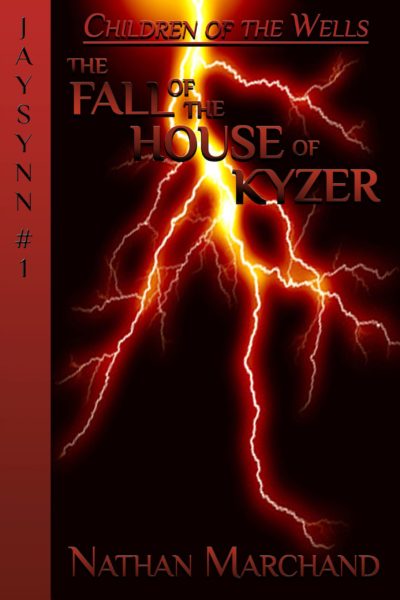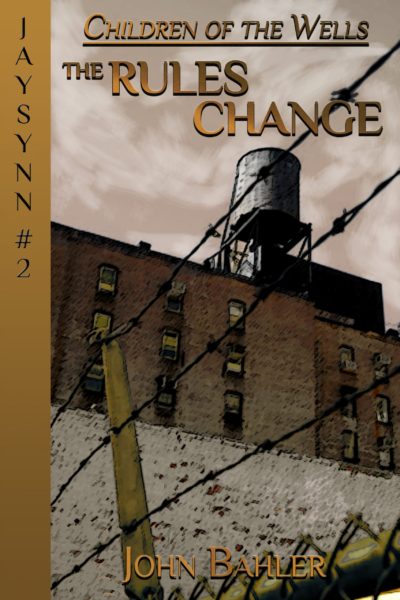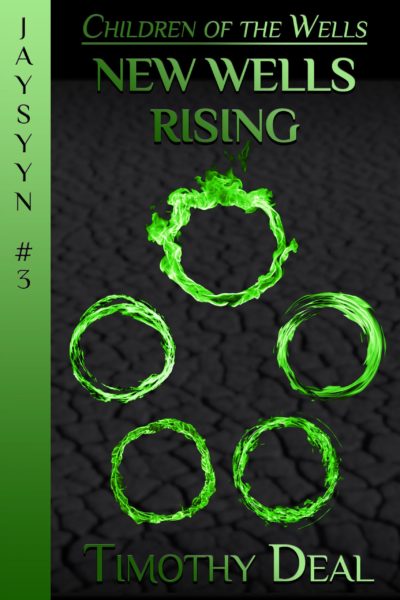by Nathan Marchand
September 16, 2016
My apologies, dear readers (or “Wellsians,” if you prefer), for the looooooooooong delay not only in writing a new Children of the Wells novella (which I’m doing) but a blog as well. The latter was because our website was hacked and then shut down for several brief periods of time, as well as due to our usual summer busyness.
Ah, summer. That wonderful time of year was our blogging theme until the hacking interfered. I jokingly told Nick he should write about his sister, who’s named Summer. 😛 (Interestingly, she once served on the now defunct CotW “vision team”).

A few weeks ago, I had a late-night heart-to-heart conversation with my friend Scott, who I hadn’t seen in a long time. He and his family will be serving as missionaries in Papua New Guinea within a year, so I wanted to make sure I visited more often before they left. As we discussed some recent struggles, I mentioned how I’d been trying very hard to decipher what I, as a Christian, thought God was doing in my life. I was confused, to say the least. He then talked about something he’d realized in his own recent struggles:
He had to give up the narrative.

While he isn’t a writer, he’s a storyteller. One thing he and I have in common is we use narrative to make sense of our lives and the world around us. Story is a language we speak, a language we understand. It denotes patterns and purpose. Couple that with our Christian theology, which says God is sovereign and therefore in control of the universe, and we see Him as something of an author crafting individual stories that constitute the larger tale He’s weaving over the course of history. In literary terms, this would be called the “meta-narrative.” However, while much of Christianity is averse to postmodernism, which rejects meta-narrative, Scott was learning that he had to “give up the narrative” in some ways. Specifically, in trying to decipher every potential plotline or plot twist God might use or might be using. It meant relinquishing control. He was a character in this story, not the narrator of it. Scott couldn’t force the true Author of his story to do particular things. He could only obey and let the story play out. This, too, was something I was learning.
This isn’t an easy thing for me to do. I hate feeling powerless. I’ve often felt like my success in life was dependent on the decisions of others as opposed to my own. For example, if I wanted a job, it was whether the boss liked me or not and not my credentials that got me the job. I could be more qualified than anyone else who applied for the job and still not get hired. So, while I don’t deny I have free will (the “free will vs. sovereignty” debate is as old as history, especially in Christianity), I also know that ultimately God is the one in control, not me. For some, that is a terrifying thought. It’s why many people would rather drive a car as opposed to fly in an airplane despite it being statistically the safest mode of travel. (Thanks, Superman, for telling me that.) In a car, we are the “pilot”; we are in control. We don’t have to entrust our safety to a stranger.
Faith is about trust. I’ve often said that trust must be earned, even for God. The problem is I forget His faithfulness in the Bible, to others, and to myself. In the throes of struggle and the busyness of life, that’s an easy thing to do. Couple that with the fact that I’ve never seen God face-to-face, and I must confess that it makes things harder.
But giving up the narrative, no matter how hard, is necessary to let the perfect Author have his way. I’m slowly learning that.

Don't miss a single word of stories as they are published! You'll also receive first notice of special sales and behind-the-scenes information.








